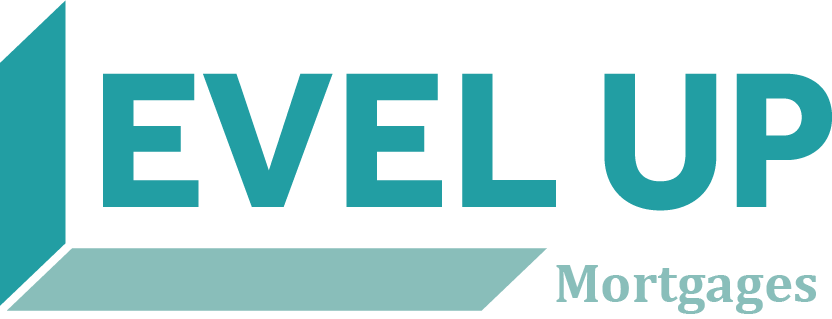What to Know About Getting a Mortgage When Self-Employed
Traditionally, the mortgage application process is relatively fast and easy, especially for someone with a steady income from a full-time job. Applicants can provide their bank statements and credit score to prove their income and the value of their property before they receive approval.
When it comes to self-employed workers, however, things are nowhere near as easy. To get a mortgage, an independent worker will need to wait for quite some time and put in lots of hard work. There will be much more to go through to prove their income as self-employed individuals, alongside their ability to meet mortgage payments.
Self-employed loans are generally considered high-risk by default. Applicants have to give more documentation compared to the application that's by way of traditional means.
What Documents Are Needed For Self-Employed Mortgage Application?
A copy of the borrower's business, GST license or Article of Incorporation as proof of licensure
A Notice of Assessment from two to three years prior
Contracts showing expected revenue for the years to come (if applicable)
Financial statements regarding business income
Personal credit score
Personal history
Proof of down payment not being gifted (optional)
Proof of paid personal tax returns
Proof of principal ownership of a business
The last two years of personal T1 returns
When there's a Notice of Assessment that serves as proof of income, it's possible to get the same mortgage products and rates as that traditional borrowers.
What Must Self-Employed Borrowers Do?
The fact alone that approval is not guaranteed even after meeting the qualification criteria, such as owning a business for two years, is proof that self-employed income mortgages are the toughest to qualify for. In order to improve the chances of getting approval, thorough documentation and hard work are in order. Here are some of the key steps:
Credit Score Improvement
A good credit score is important when you apply for a mortgage because it shows your ability to pay back loans responsibly. Most lenders will look for a score between 680-900. This is a crucial way to get mortgage financing approval.
Taking out loans is one of the ideal ways to get a good credit score. Loans don't necessarily have to be about taking out a lump sum of cash. It could be buying a car and paying that off. More simply, it could simply be credit card use. Each timely payment helps a good credit history to be built, which in turn boosts the credit score.
Have A Good Income and Employment Documentation System
Business owners use their income for business cost payments, helping tax returns to be reduced considerably. It's beneficial in that more money returns to the business, but for a lender, it could be an inability to make timely mortgage payments.
Have More Than the Minimum Down Payment
A down payment is vital for lenders to see that a borrower is financially responsible despite their self-employment. While the required down payment is generally 5%, that leads mortgages to be high-risk. A 20% down payment will be more likely to get a mortgage approval going.
THE BOTTOM LINE
Applying for a mortgage often goes by relatively quickly. However, this is the case when it comes to traditional means with a person who has regular employment. Self-employed workers will have much more to prove through documentation and the like.
Do you want to learn more about mortgage financing in Canada? Level Up Mortgages supports homebuyers and homeowners in attaining success in their mortgage journey with mortgage strategy, digital mortgage education, and introductions to all the other experts you need to succeed in home buying and your personal finance. To assist homebuyers and homeowners in purchasing or refinancing new homes, we work with premier banks and best-rate mortgage lenders in British Columbia and Ontario. Get in touch with us today!

